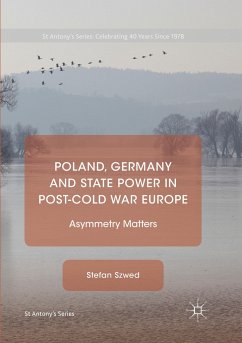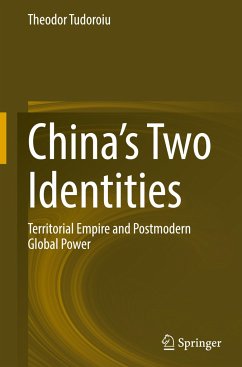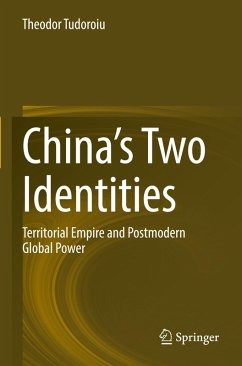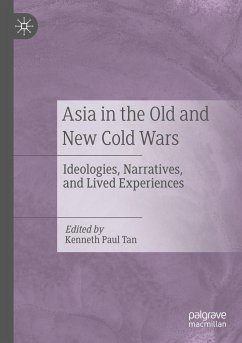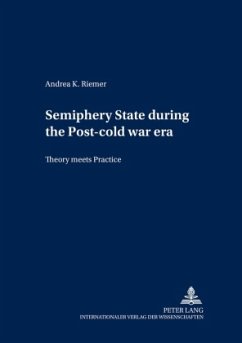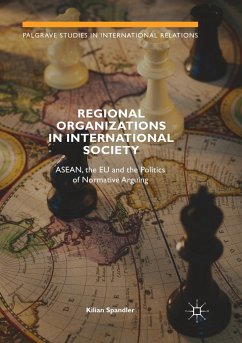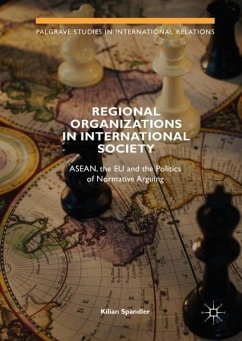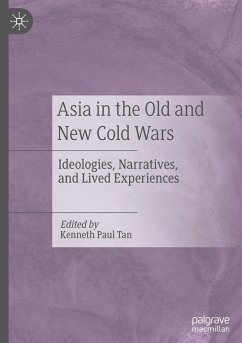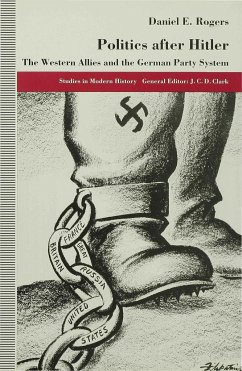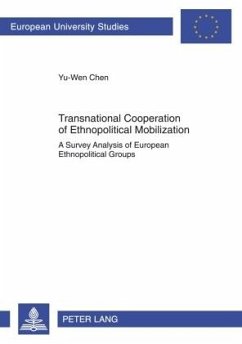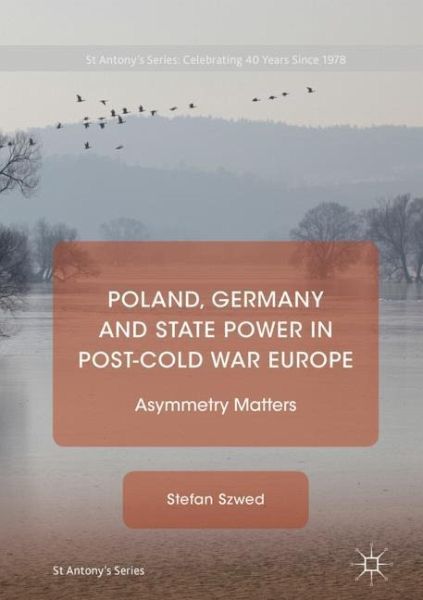
Poland, Germany and State Power in Post-Cold War Europe
Asymmetry Matters
Versandkostenfrei!
Versandfertig in 6-10 Tagen
76,99 €
inkl. MwSt.
Weitere Ausgaben:

PAYBACK Punkte
38 °P sammeln!
This book examines the post-Cold War Polish-German relationship and the puzzling rise of foreign and security policy differences between the two states during the 2000s. Through an investigation of four policy issues - NATO's out-of-area mandate, European Constitution and the division of voting power in the Council, relations with Russia and the eastern neighbours, as well as EU energy policy - the author identifies the roots of their conflict in a structure of material, spatial and temporal asymmetries. Rather than treat them as currency, however, he explores the less conspicuous ways in whic...
This book examines the post-Cold War Polish-German relationship and the puzzling rise of foreign and security policy differences between the two states during the 2000s. Through an investigation of four policy issues - NATO's out-of-area mandate, European Constitution and the division of voting power in the Council, relations with Russia and the eastern neighbours, as well as EU energy policy - the author identifies the roots of their conflict in a structure of material, spatial and temporal asymmetries. Rather than treat them as currency, however, he explores the less conspicuous ways in which power is exercised and structure matters inside a community governed by shared rules and norms. In pursuing its research question, theoretical work, historical reconstructions and empirical analyses, the book combines security studies, transatlantic relations, European integration, and Polish and German politics with general theorizing and conceptual grounding in international relations and political science.





